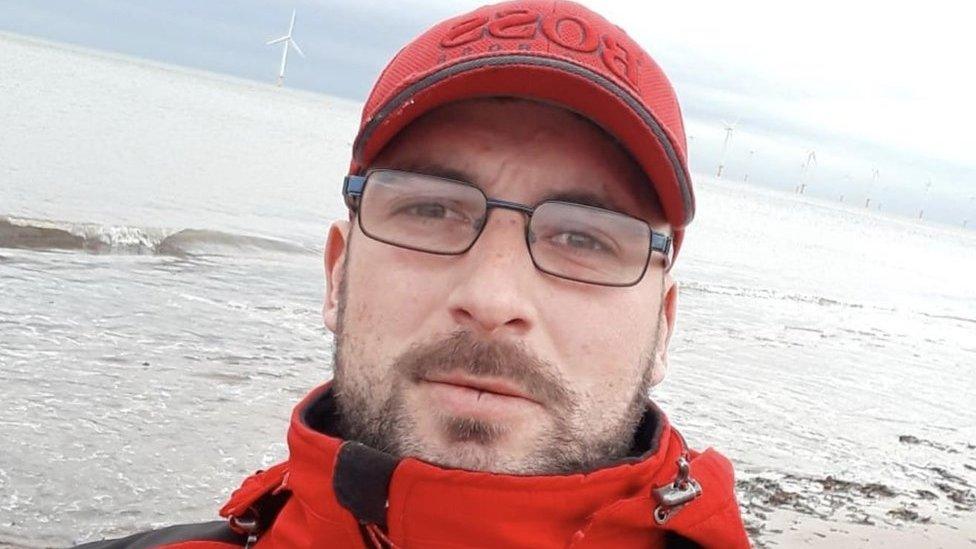Covid-19: 'People have got clean on Zoom - that's amazing'
- Published
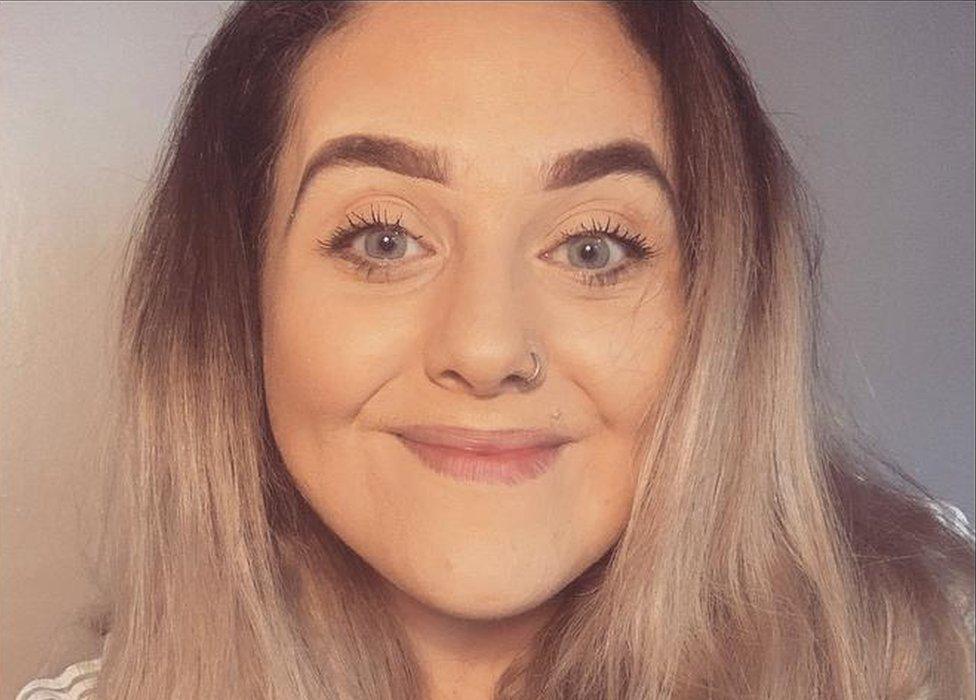
Jade Hargreaves said she came close to drinking again during lockdown
The coronavirus pandemic has meant some people have needed to use video-conferencing software to kick their drug and alcohol addictions.
Gary Besterfield, from We Are With You Redcar and Cleveland, said software had meant the charity could support more people.
Jade Hargreaves, from Burnley, has been sober for three years and said losing face-to-face meetings was difficult.
"But people have got clean this year on Zoom and that's amazing. Hats off to them because it's hard," she said.
Recovery services have had to adapt in 2020 and with demand increasing, We Are With You, formerly known as Addaction, said lessons had been learned in lockdown that would shape the way it worked in future.
Founded in 1967, it has offered support to people struggling with drug, alcohol or mental health issues and said the impact of the pandemic was evident in the number of people using its web chat service to speak to advisers.

'Friends have relapsed'
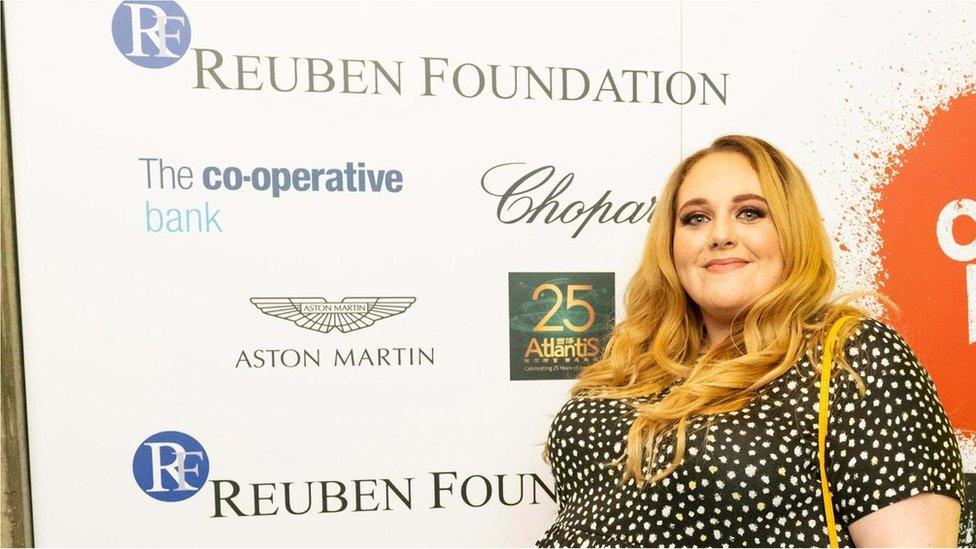
Jade Hargreaves said she is in a much better place than she was a teenager
Jade Hargreaves said losing face-to-face meetings during lockdown had been difficult.
Speaking to the BBC podcast Unusual Times, she said: "We've all had to get used to Zoom. I'm all 'Zoomed out' but it's become a daily thing.
"I think we're entering a new normal but, for people like me, we need to be able to see someone's eyes and see how they're responding and building up trust and, when you're new to recovery, you really need that."
It was traumatic events in her teenage years that led to her drug and alcohol addiction, Jade said.
"My dad committed suicide when I was 13. Six months later I found out my mum was dying of cancer.
"I ended up addicted to alcohol and then other drugs. I guess I didn't know that because my mental health was embroiled in it.
"I spent time on psychiatric units and spent a good patch of time homeless. It was very chaotic."
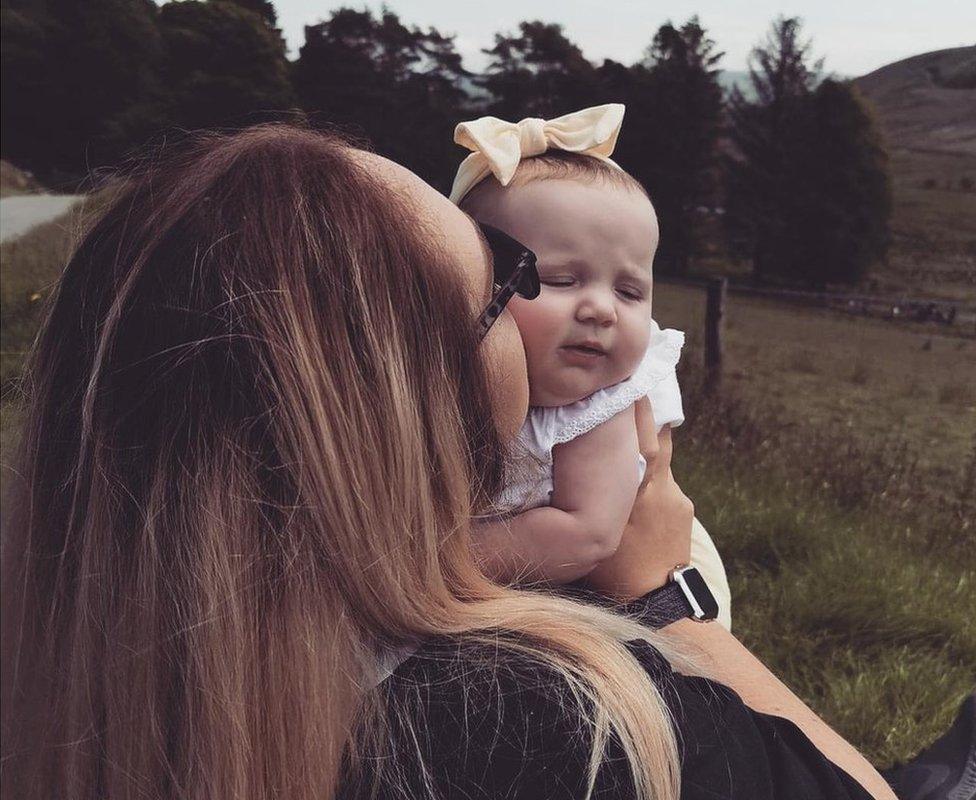
Jade now has stability with her family
The first step in Jade's recovery was getting help from Centrepoint - a charity that provides accommodation to support homeless people aged 16-25.
"How can you get back on form without a stable place to live? You just can't, because your basic needs aren't being met," she said.
"It started once I got accommodated and had support workers saying 'what about college?' and believing in me."
Jade said things got worse before they got better but with a partner, a home, two children and a level of stability, she felt in a much better place than she had been, but the pandemic had almost caused a relapse.
She said when lockdown first began in March she nearly went to the shop to buy some alcohol.
"I thought 'you've worked hard, Jade, you deserve a drink' and if it wasn't for my partner saying 'I won't be around for long if you do' I think I would have had a drink.
"I'd started to isolate myself, not through choice, I didn't have the connection I had with other people. It was hard not having face-to-face meetings and seeing my friends who are clean too.
"The sad thing is, throughout lockdown, some of my friends have died and I firmly believe it's because everything got closed down. The connection that people like me need all got took away.
"There's four people I know who've died this year through overdosing, and a lot of my friends have relapsed".

'Testing year'
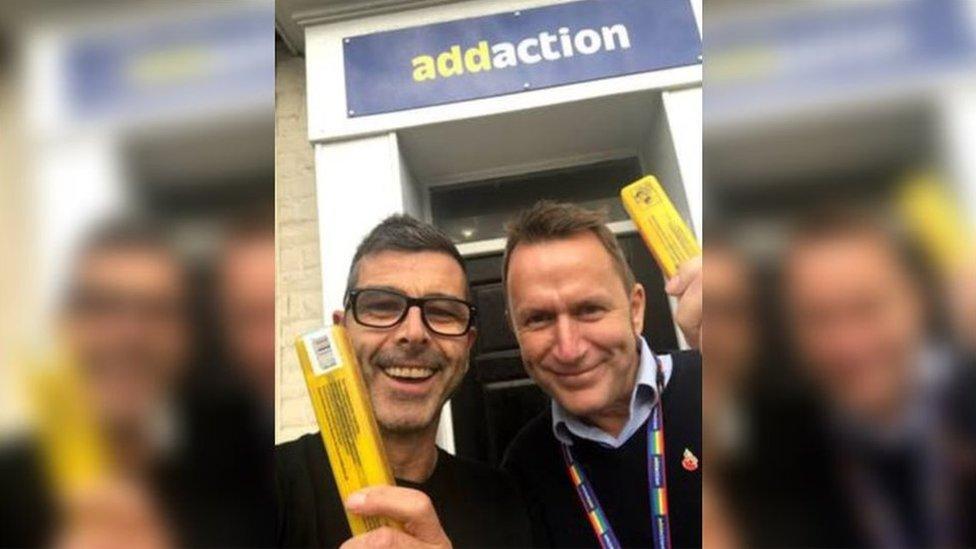
Addiction campaigner George Charlton (left) with Gary Besterfield
Gary Besterfield has been working in the sector for 20 years and said people accessed services because they were going through a difficult period and were often dealing with some form of loss.
This month, the number of web chat conversations was 91% higher than a year ago. In October, the service saw a 117% rise.
And the charity expected to see "a significant increase" in demand in 2021 as it entered January - a "notoriously busy" period for treatment services.
Meetings play an important part in recovery - both for those seeking help for the first time, and those who have been in treatment for longer.
"In what is a testing year, people are losing their position in society, their jobs, their loved ones and there's increased isolation," he said.
"Lockdown has enabled us to open the doors to those people that might not come through our services usually but are more likely to engage with us digitally.
"We need to make sure people know they may not need to actually come in and can talk to us over the phone or on a laptop."

'You name it - I'd take it'
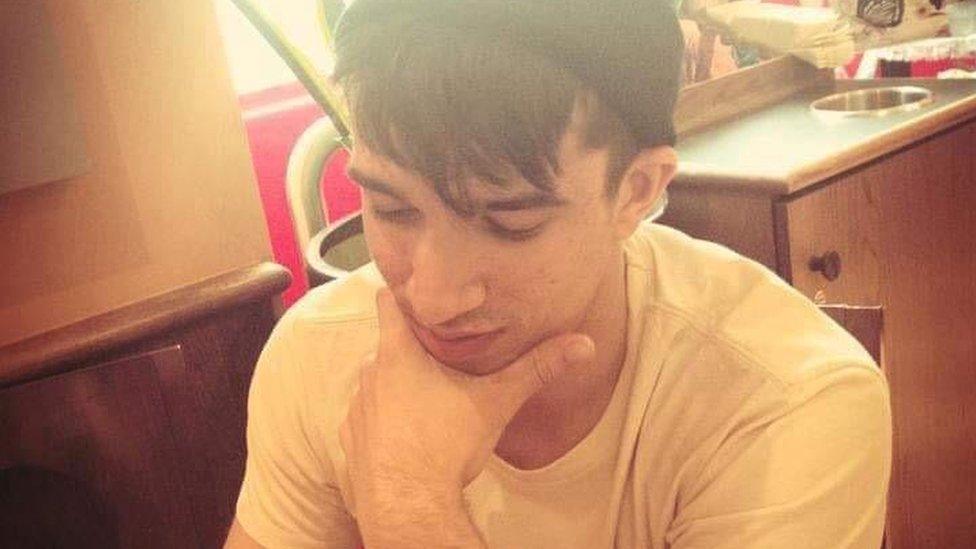
Dan Owens found it very hard to deal with his addiction
Dan Owens, from Hastings, first took drugs when he was 14.
Moving through his teenage years, his drug use went from cannabis to ecstasy. In the years that followed he "went through everything".
"A few years ago I started calming down but in the process I found myself with a dependency on benzodiazepines and only a year ago I was dependant on opiates.
"You name it, I'd take it. I was a complete mess.
"I sorted myself out and went to a recovery clinic. It was very hard, very difficult. I hadn't learnt how to deal with reality - I had no resilience.
"It took me about 10 months to gradually wean myself off. This was during lockdown as well so it was even more difficult.
"There isn't a support system really because you can't see your friends. It's challenging and I think a lot of people will be experiencing the same.
"It's when you're in isolation these sort of risk-taking behaviours can come to light."
The 31-year-old has just started a role as a peer mentor with drugs charity Change Grow Live.
"A lot of the meetings are through Zoom at the moment. It seems like they've got the service running the best it can. Hopefully in the new year things will change and we can see those centres open again."
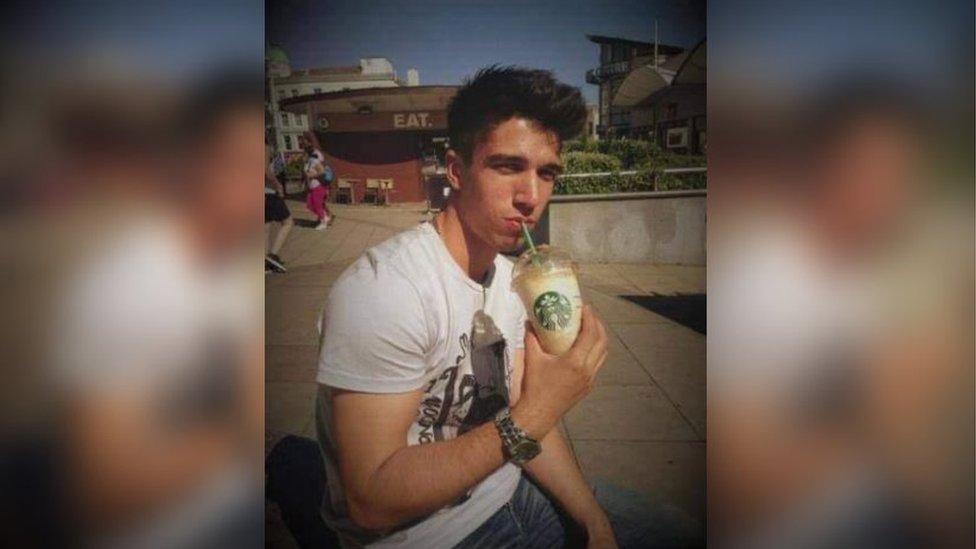
Dan is now a mentor helping other people with addiction

Follow BBC North East & Cumbria on Twitter, external, Facebook, external and Instagram, external. Send your story ideas to northeastandcumbria@bbc.co.uk, external.
- Published31 October 2020
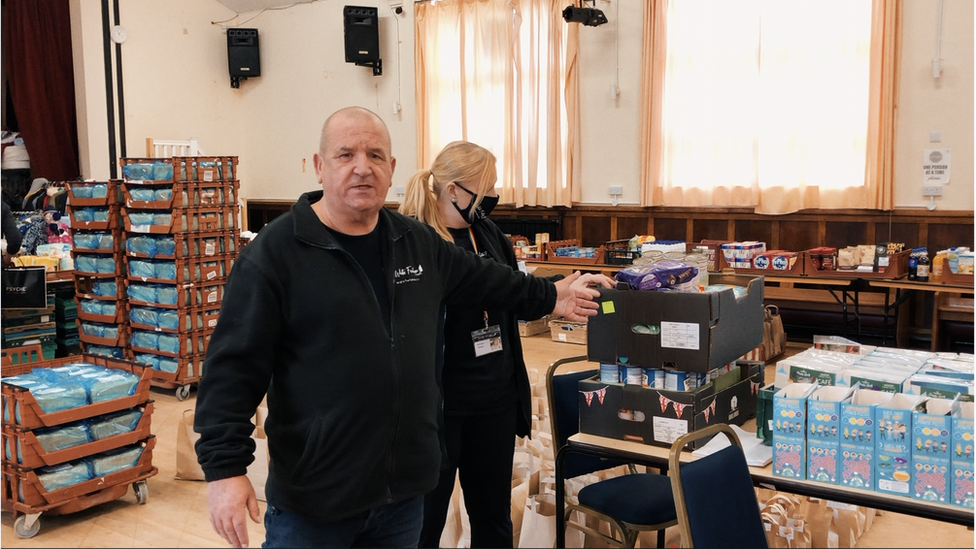
- Published21 October 2020
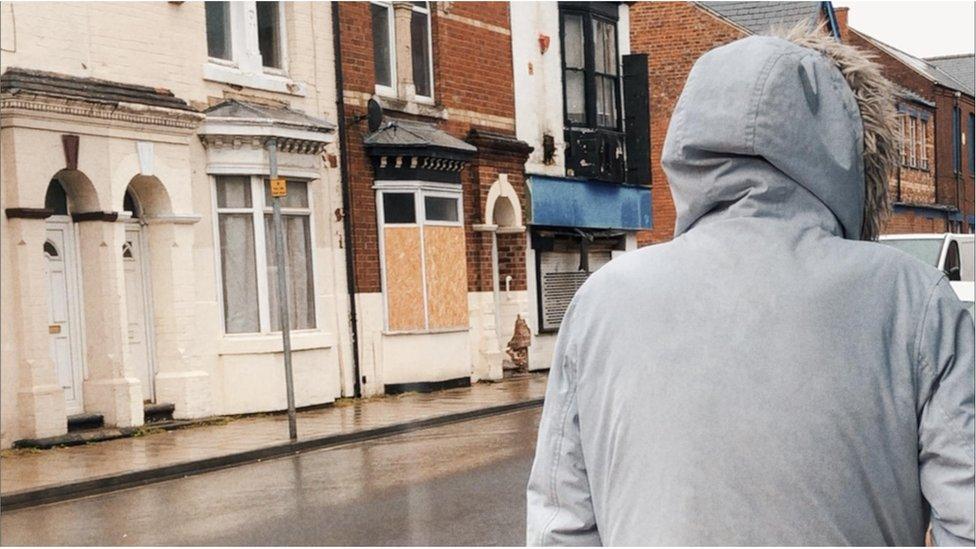
- Published13 November 2020
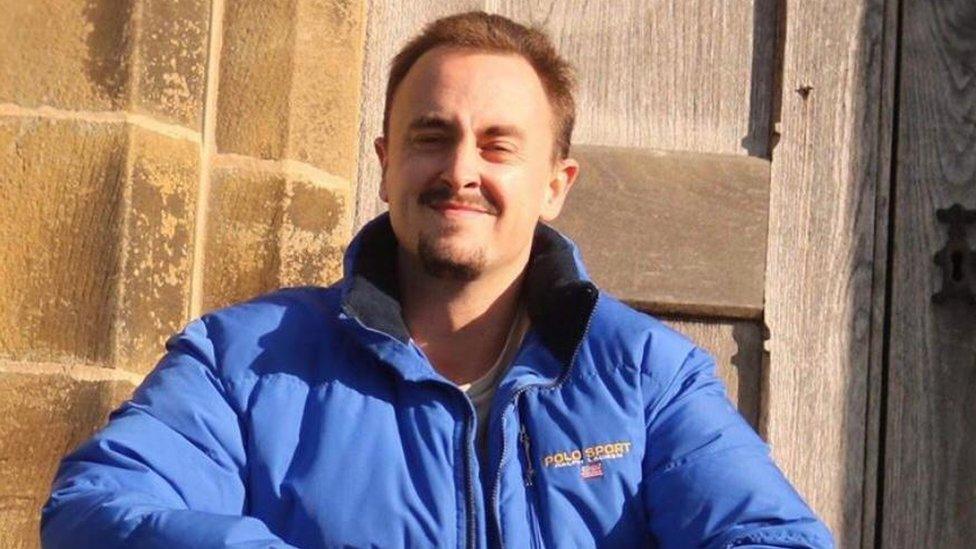
- Published30 March 2020
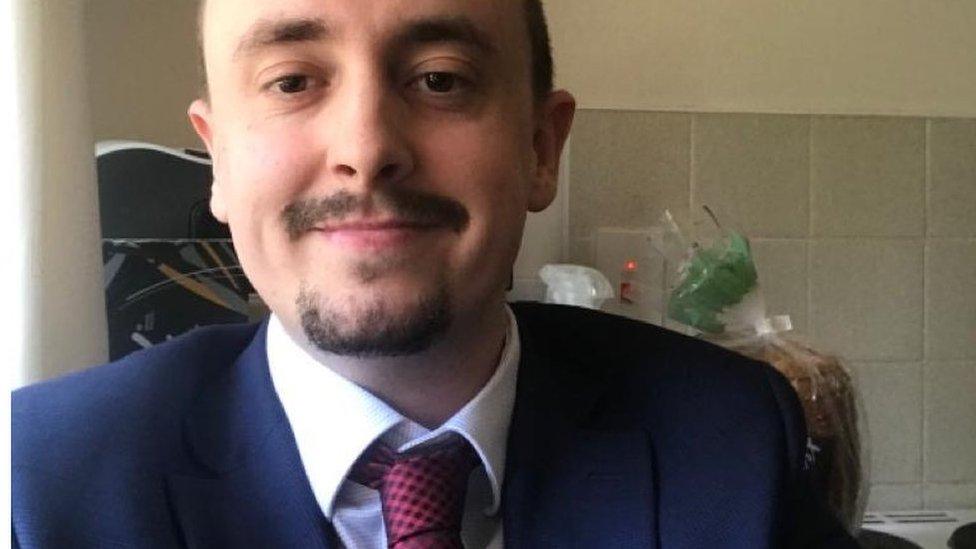
- Published6 October 2020
